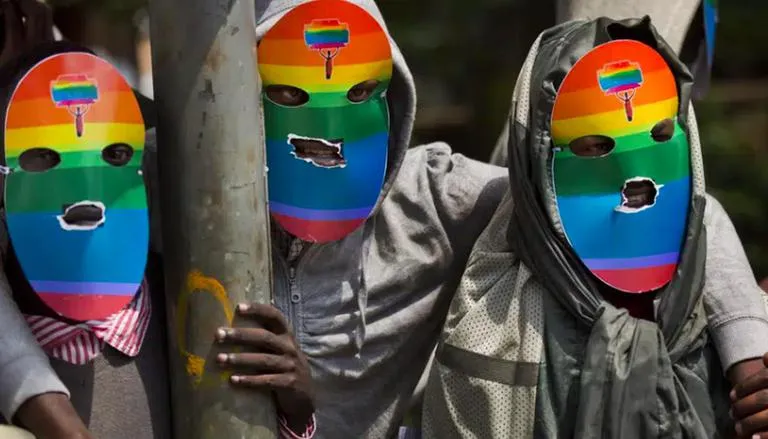Ugandan lawmakers on Tuesday passed a new version of an anti-gay bill that removes a clause which appeared to criminalize identifying as LGBTQ. President Yoweri Museveni last month returned the bill back to the national assembly, asking for changes that differentiate between identifying as LGBTQ and actually engaging in homosexual acts.
Homosexuality is already illegal in the East African country under a colonial-era law criminalizing sex acts “against the order of nature.” The punishment for that offense is life imprisonment. The new law prescribes the death penalty for “aggravated homosexuality,” which is defined as cases of sexual relations involving people infected with HIV as well as minors and other categories of vulnerable people.
A suspect convicted of “attempted aggravated homosexuality” can be jailed for 14 years and the offense of “attempted homosexuality” is punishable by up to 10 years, according to the bill. Although the law would no longer criminalize those who identify as LGBTQ, jail terms of up to 20 years are proposed for those who advocate or promote the rights of LGBTQ people.
The bill passed by lawmakers on Tuesday will return to Museveni, who can sign or veto it. It was not immediately clear what other changes lawmakers made to the bill in a lengthy plenary session in the capital, Kampala. Museveni is under pressure from the international community to veto the legislation. The U.S. has warned of economic consequences if the legislation is enacted, and a group of U.N. experts described the bill previously passed by lawmakers as “an egregious violation of human rights.”
